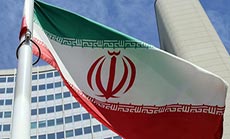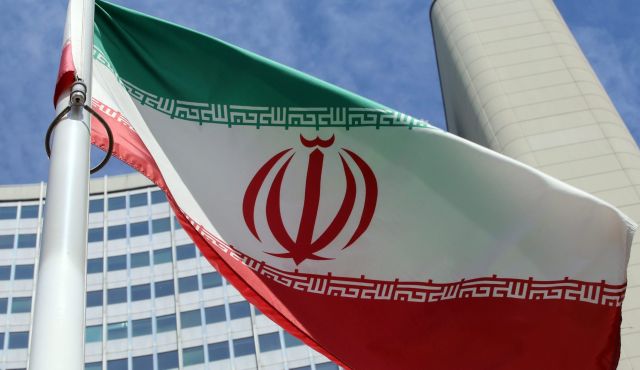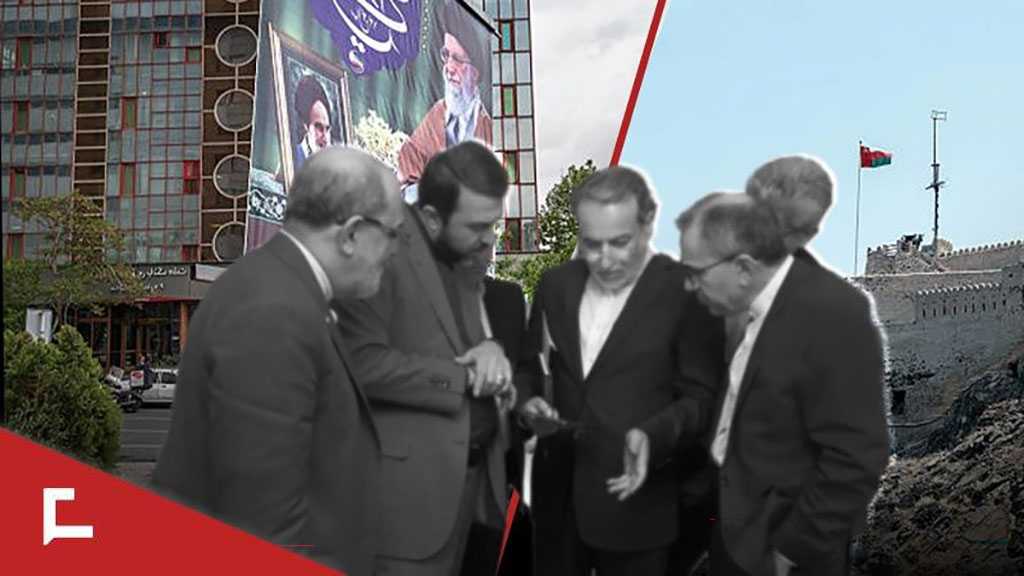Obama’s ’Secret Letter’ to Imam Khamenei: Iran’s Emerging Institutional Power

Fatima Rida
US President Barack Obama's "secret letter" to the Leader of the Islamic Revolution, His Eminence Imam Sayyed Ali Khamenei, recently last month in October and Iran's way of response to it signifies Iran's emerging institutional power-- as opposed to that of the "US shift in institutional power which is threatening the process of reaching a negotiated agreement and undermining Obama's efforts."

Obama's "Secret Letter" to Imam Khamenei: Iran's Emerging Institutional Power
"Given that this is not the first letter," the article said, "it should not be a significant event. But it is, for several key reasons."
Referring to Obama's letter to Imam Khamenei as revealed by Wall Street Journal in October, it was sent "on the eve of the Republicans' takeover of the US Senate and increased control of the House," the article wrote.
Moreover, "The official confirmation ultimately came from the secretary general of the Iranian Supreme National Security Council [SNSC], Ali Shamkhani," it added.
"The fact that the SNSC responded to the letter instead of the office of the leader or the president signals at least two things: the content of the letter and Iran's emerging institutional power. Indeed, the leader, as he is addressed in Iran, wields considerable power and influence," the article noted first.
It added: "Iran chose to send a strong signal that its national security and foreign policy matters are not decided by one individual, high and revered as he may be, but are handled through proper institutions. The implication of Iran's emerging institutional power cuts both ways. It can provide reassurance that a deal, if reached and confirmed by the various governing branches, will enjoy the backing of a stable regime..."
"President Obama's letter, however, sends the opposite signal-especially in that it was sent just days before the election of a new Congress," the article wrote, giving as a second reason for the letter's significance.
"Even if President Obama expressed openness to starting a new chapter with Iran, the Iranian leadership has seemed interested in American institutional commitment to making progress on the nuclear issue, sanctions, and combatting terrorism. This distinction revealed itself in Oman when Iranian negotiators insisted that any final agreement on the nuclear issue must include the lifting of all sanctions, including those imposed by Congress."
The article also provided a third reason referring to the US' shift in institutional power. "In the past, the US has argued that "hardline" figures in the Iranian government are the cause of failed attempts to reach a negotiated agreement. With both Iran's new...president and the same "hardline" supreme leader committed to negotiations, it is now the US shift in institutional power that is threatening the process and undermining the President's efforts.
In other words, the article said, "the new Congress may render what used to be reassuring American institutional power a thing of the past if President Obama fails to reach a deal within the allotted time-before November 23, which is fast approaching."
Even more, the article in Open Democracy provides yet another reason for the significant letter. "Since Iran and the P5+1 inked the interim agreement nearly a year ago, Iran has received some of its frozen assets, continued nuclear research and development without expanding uranium enrichment, and struck a number of trade and economic agreements with a many foreign companies, including European ones..."
"In other words, with or without agreement, Iran is in a better position than before it signed the interim agreement. If the US keeps its current sanctions or imposes new ones...it would deprive American companies and individuals of opportunities made available to everyone else thanks to the interim agreement," it said.
In comparison to other countries in the Middle East that lack institutional power, the article further says: "US policy makers have been accustomed to dealing with Middle Eastern countries that lack established institutional power. It was often the case that when a US administration wanted a particular Middle Eastern country to do something, it simply asked the king, emir, or sheikh of that country to issue a decree."
However, "Iran's emerging institutional power requires a new strategy in the Middle East for US foreign policy to be relevant," it said.
Source: Open Democracy, Edited by website team
Comments




